Strategy
18 minute read
How Much Does a Website Cost and What To Expect: A Guide for Businesses.
LAST UPDATED:
April 10, 2024
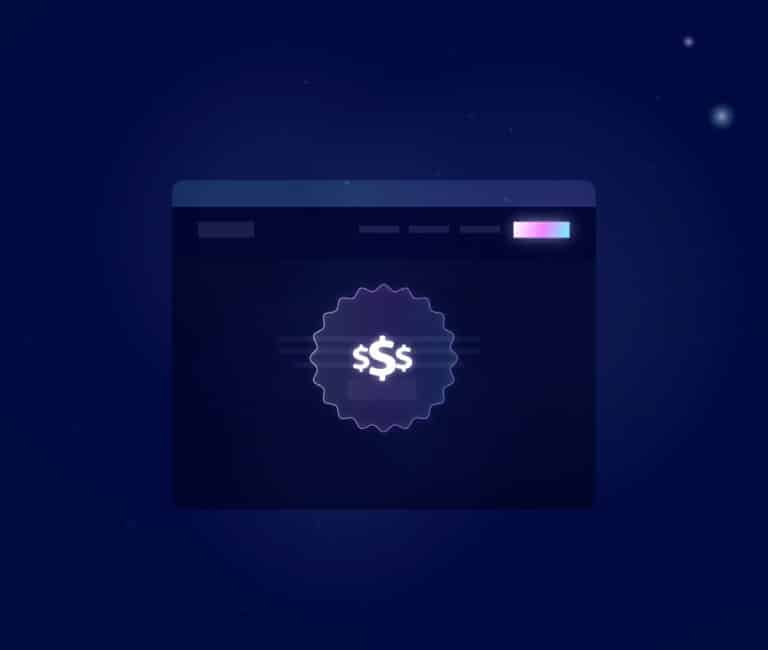

With how the internet has become an integral part of our lives, transitioning to an online space is inevitable. You need to have an online presence if you want your business to survive and thrive in the modern world.
Since it’s become a necessity, moving to a digital space shouldn’t be seen as a chore. You should look at it as an opportunity to increase your visibility and enhance customer experience.
There are a lot of factors to consider for your business—the biggest one being the cost of developing a website.
Business website costs can build up, especially with the recurrent costs of website maintenance.
So, depending on the size of your business, the functionalities of the site, and other aspects, website maintenance costs can range from $100 to $150,000 a year.
This wide range stems from many variables, so there’s no one-size-fits-all solution.
So, what now? Well, it’s helpful to understand your current situation and check out the options available. You’ve come to the right place!
In this article, we’re going to break down website building and website design costs based on the maturity and needs of a business.
With this website cost breakdown, you’ll get an accurate picture of possible upfront costs and how much you can expect to pay over time on maintaining your site.
On average, it will cost you anywhere from $0 to $150,000 or more to build a website. If your budget is tight and you’re somewhat tech-savvy, you can even design a simple WordPress website on your own.
However, for anything more complex than a single page, we suggest investing in professional development, whether you’re developing a premium WordPress website or want a complex Shopify ecommerce site.
How Much Does a Website Cost Per Month?
The costs of website maintenance can add up, especially if your website has a lot of pages or a complex design.
You can expect to pay anywhere from $50 to over $500 or more per month on site maintenance, depending on the freelancer or agency you’re working with.
How Much Does a Website Cost Per Year?
On average, yearly costs of maintaining a website range from $400 to $60,000 based on the web design professional and their chosen hosting service. The most common maintenance costs are software maintenance, the web hosting cost and domain SSL certificate updates.
If you’re redesigning your website, the cost of the theme and plugin extensions will drive up the cost.
Yes, you can build a website for free, either from scratch or with a free plan many website builders offer. This option should, however, only be reserved for personal websites (such as a portfolio).
If you want to build an online store, free options won’t cut it. You will have to invest in a domain name, managed hosting services, and software that improves your website functionality and user experience.
A new website domain generally costs between $10 and $20 per year. The price differs depending on the registrar you buy your domain from, as well as the type of website domain you’re buying.
Can I Host My Own Website?
While it is technically possible to host your own website, this is not a feasible option for many business owners, even if they are tech-savvy.
If your homemade web hosting slows down your website or causes other issues, it can seriously hinder your conversion rates.
To optimize your conversion rates, investing in a host is integral, no matter how inconvenient the additional hosting cost may be.
How do I Permanently Buy a Domain Name?
You can’t permanently buy a domain name. Domain name registration is done on a yearly basis, so you will have to renew your domain name accordingly.
Some domain name services offer you to pre-pay for up to 10 years, which will guarantee that you’ll have the same domain name for that decade.
As a general rule in business, you should spend your time, money, and effort on something that will give you a high ROI. You can focus on manufacturing quality goods, streamlining your services, or hiring dependable manpower.
For most, a website is treated as an investment. This is something that customers directly interact with, so you want to put your best foot forward.
However, there are some important considerations before you spend money on a website.
A Premium Website Is Not for Bootstrapped Start-ups and Very Small Businesses
If you’re just beginning as a company, you might be tempted to get a premium startup website to give off authoritative branding.
On the other hand, a very small business might want a high-end site to provide better customer service to their loyal customers or improve their marketing. But hear us out—investing in a premium website is not a good decision.
The most obvious reason for this is the high costs of building, launching, and maintaining a premium website. Premium themes with complicated functionalities (that your customers will probably not use) will add up to the expense.
For very small businesses, the costs will not lead to high ROI. It will eat up your capital long before it starts to pay off—if it ever does.
Start-ups must also focus on selling their products or services first before trying anything too flashy. It’s more important to establish your capabilities as it helps create a stronger customer base.
A Premium Website Is for Established Businesses and Funded Start-ups
If your business is earning around $5 million in revenue annually, you can consider yourself an established company. This is the best moment to start investing in a premium professional website as it can help streamline your processes and add to your revenue.
Web design is particularly important for companies that use their website for services, such as those that sell enterprise software, expensive equipment, or goods directly to customers (which is why good ecommerce store design is integral).
The costs will be justified with the increased engagement with customers, easy tracking of data for reports, and automated integrations including useful premium plugins. Therefore, a premium website is definitely a worth-it investment that will result in high ROI. Additionally, when tracking data for reports, you can learn what is Airtable to and use it to gain valuable insights and optimize your strategies.

If you want an easy analogy of website pricing, we can compare it to buying a home. There are a lot of correlations that can help you visualize the aspects of a website and variables affecting the pricing.
For example, a 2,000 sq ft home in San Francisco will cost more than the same size in Charleston. Similarly, a 5,000 sq ft home in the same will have a higher average cost than 1,500 sqft.
The same principle applies for a website, and here are more aspects to consider:
- Square Feet = Page Count: Much like how the square feet dictate the space available in a property, the page count limits the amount of content you can add to your website.
- Features/Layouts = Integrations/Complexity: Pools, outdoor areas, and security additions in a house are equivalent to carts, analytics, and live chat features on a website.
- Finishes = Design and Assets: Hardwood floors? High-vaulted ceilings? These finishes can be compared to the visual design, navigation, and typography of your website.
- Location = Company Size and Maturity: Properties in in-demand locations are more expensive. Same goes for an established business, which expects more traffic and conversions.
Website Price Range: $200 – $10,000 Per Year
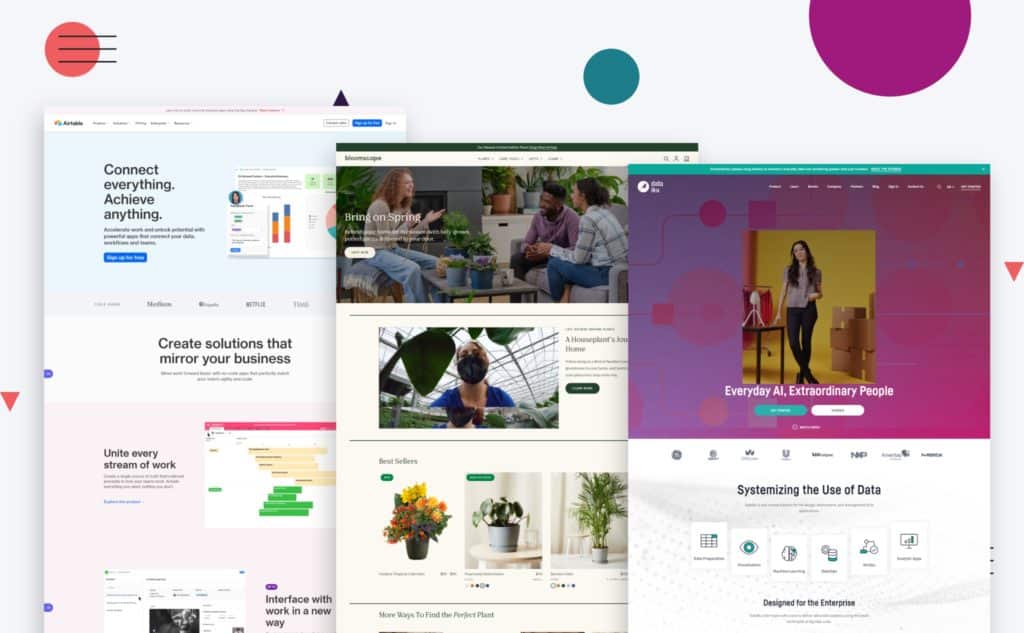
As mentioned, start-ups and very small businesses should only buy a website that isn’t expensive. It should still be able to do basic tasks that allow customers to interact with your company.
There are a few options out there — some more expensive, some requiring more upkeep and technical know-how.
Check out the best two choices for this stage.
DIY Website
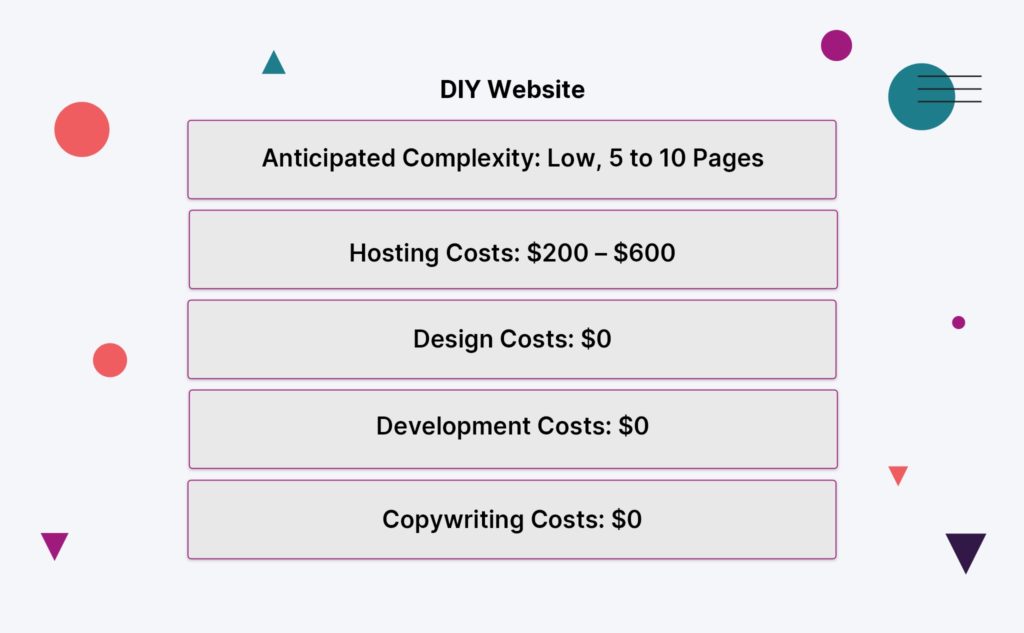
Creating a website from scratch might be something business owners aren’t too knowledgeable about—which is understandable. If you’re in industries like cooking, art, or retail, you probably have little to no idea about how a website works.
However, if you have some technical knowledge or a background in marketing or design, a do-it-yourself website might be your best option.
There are a few established website builders out there like Wix and Squarespace, which offer tools that make it easy to design and develop a website.
You can customize these yourself to create something that suits your company’s branding.
Anticipated Complexity: Low, 5 to 10 Pages
The most basic website will only have a single page where all its content is crammed. This is only applicable in certain circumstances, and you should generally avoid one-page websites as much as possible, as they’re not great for scrolling and overall user experience.
The best starting number of pages should be at least five, which gives you space for some homepage content, a page to list your products/services, a well-designed about us page, a gallery, and a contact forms page.
Hosting Costs: $200 – $600
Website hosting services provide the tools and technologies that allow you to create the website in the first place. This might be the only thing you’ll need to pay for your DIY website. Think of it as renting a property where you can put your stuff in.
Some of the most well-known website hosting providers are GoDaddy and Bluehost (Bluehost’s WooCommerce plans are a great place to start.)
Design Costs: $0
Since you’re creating your own website, you’re in control of how much it costs to build and maintain it.
You can get design elements, such as media and typography elements online for free. Google has plenty of free fonts, while websites like Unsplash and Pexels offer free images.
Development Costs: $0
You can develop your own website if you have enough technical know-how, but most business owners wouldn’t. Using tools like Squarespace can be helpful if you want to build your site with little to no code.
If you need to automate certain tasks, Zapier lets you integrate third-party modules without needing to code. This way, you can send emails, track data, and do other tasks without issues.
Copywriting Costs: $0
Copywriting is the skill of using the written work to communicate with your customers through your website. Since you’d be most familiar with what you offer, you may want to write the content yourself.
However, making the text engaging takes a bit of knowledge and some marketing skills. There are many free content marketing and writing courses available online, so you can get an idea of what high-quality, professional copywriting looks like.
Hiring a Freelancer
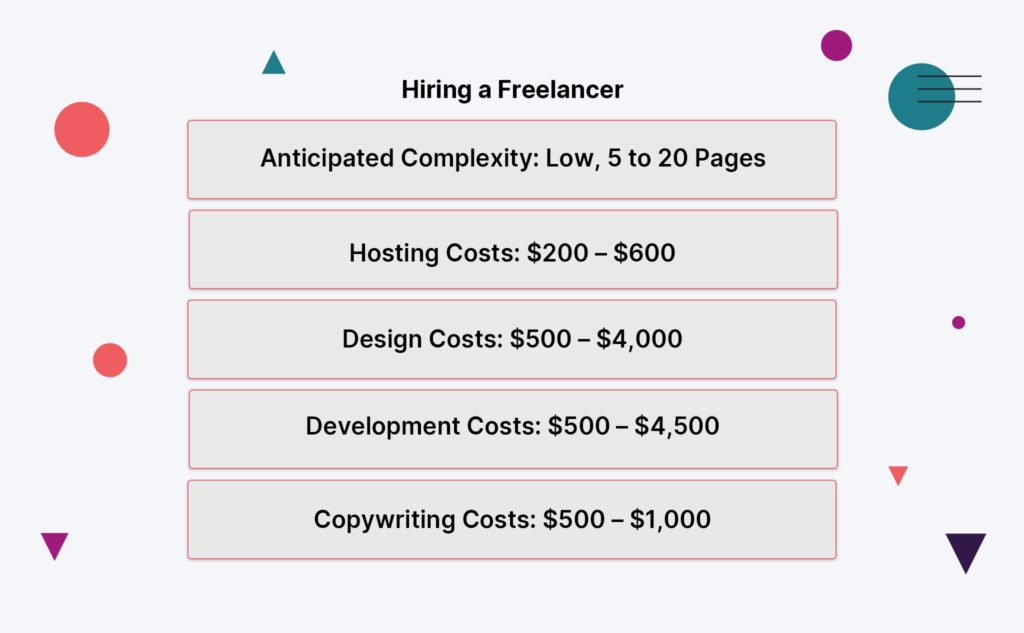
Let’s face it, many of us are too intimidated by technology to even think about creating a website.
Even if you do, marketing and design are just as difficult to understand. And even those who do have some level of technical know-how may not have enough time to build and maintain a website.
The next option is to source third-party professionals to handle the various elements of your website.
Freelancers are great because they can schedule their time according to your needs. It’s all a matter of choosing the right ones.
If you’re looking for reliable places for freelance services, check out websites like Upwork and Freelancer.
Anticipated Complexity: Low, 5 to 20 Pages
While freelance web developers and designers are capable of creating more complex pages, development costs are higher for a bigger page number.
Therefore, you should still stick to a lower number that fits your needs.
Hosting Costs: $200 – $500
There are a few ways to go about website hosting if you’re hiring a freelancer. You can pick a website hosting company of your choosing and let them take care of the rest, or you can let the freelancer create the website on their chosen hosting services.
If they’re more familiar with the platform, the freelancer can modify their work based on your needs.
Design Costs: $500 – $4,000
A professional web designer can customize pages to your preferences, but the complexity and number of pages will add up to the costs.
At first, you can stick to a few pages or use templates to lessen the need for customized graphics and other elements.
Then, once you’re ready to redesign your site, invest in more complex features.
Development Costs: $500 – $4,500
Start-ups and very small businesses do not need overly complex websites for business operations, so you won’t need your freelance web developer to integrate many third-party additions.
Some of the things you might want are website security plugins and automated email sending capabilities for newsletters, which can be done with some simple integrations.
Copywriting Costs: $500 – $1,000
Freelance copywriters are adept at creating well-written copy that communicates what you do. Of course, the level of their skills and tenure is directly proportional to their rates.
So for now, make sure they cover at least the most basic information about your website. The best ones will condense your content to fit the limited number of website pages.
Website Price Range: $15,000 – $50,000 Per Year
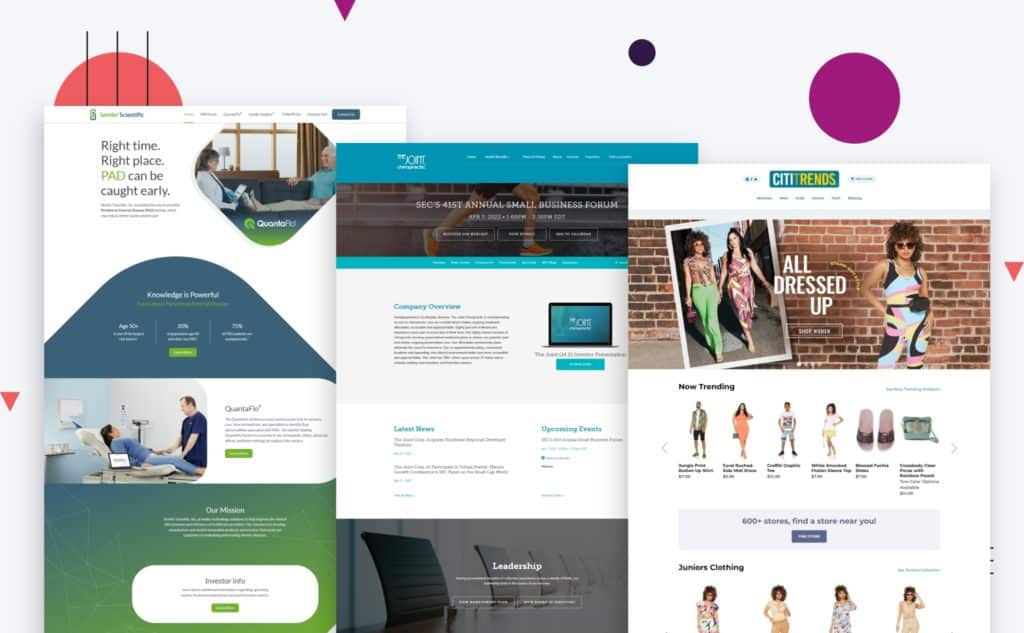
Small businesses need more complex websites to handle their online operations.
Examples of these are retail and beauty websites that need to process online orders, exclusive clubs that need client log-in pages, and businesses that want data analytics.
In this case, you’re going to need to spend more capital to build a capable website. There are two options you can try depending on your needs: have your website developed by a freelancer or work with a web design agency.
A professional can help you create intuitive SaaS web design, amazing service business websites, or web design for any small business.
Hiring Freelancers
Unlike very small businesses and start-ups, small businesses will need more than a single freelancer to build the website.
With increased complexity, there are a lot more aspects to handle, so you should hire one that’s focused on design and development and another for copywriting and website SEO.
Anticipated Complexity: Moderate, 20 to 100 pages
Aside from the five pages we talked about before, small businesses need other pages where they can provide more information about their offerings. These include product pages, specified galleries, and blog posts.
Hosting Costs: $300 – $750
You can make use of basic hosting plans with a reputable provider, such as the more mainstream WPEngine for WordPress sites.
If you’re expecting more traffic, upgrading hosting plans and investing in a good theme and plugins may be worthwhile. It goes without saying that you should hire a freelancer who is familiar with these platforms.
If they are, they’d be able to deliver a website that functions how you want it.
Design Costs: $5,000 – $10,000
Most freelance professional web designers and developers are capable of creating graphics and other elements that improve the aesthetic appeal and enhance user experience on your website.
The web designer cost will vary based on the experience of the freelancer and the complexity of the design. Prices range from $5000 to %10,000 and more.
However, the skill of the freelancer will dictate the appearance and user experience of your website, so it’s best to invest a bit more and hire a skilled, professional designer with UX/UI knowledge. This ensures the UX design cost contributes to a more engaging and effective website.
Development Costs: $5,000 – $15,000
The web developer cost is where the bulk of your budget should be. Since you’re going for custom design, your website will require custom development.
If you’re an established business that needs a website with many capabilities, you’ll need more integrations.
Unique pages with specific functionalities will also need to be created, and some will need to be built from scratch, adding to the website development cost.
Copywriting Costs: $2,500 – $5,000
You’re going to need more content for your website since there will be more pages. If you need to add product descriptions or blog posts, it will definitely add on to the costs.
You may also want to invest in content management, or even work with a digital marketing agency to further grow your website.
Technical SEO: $2,500 – $3,000
Since you’re already an established small business, you have to improve or maintain the visibility of your online business store.
You can hire a freelance SEO expert to set up technical search engine optimization on your website. The process includes optimizing page titles, adding meta descriptions to pages, and enhancing markup for search engines.
Partner With a Small Studio/Agency

While there is a small price advantage when working with various freelancers for building your website, the benefits of hiring a small agency make it a better choice because, unlike using multiple freelancers, working with a studio gives you a single point of contact for the entirety of the project.
Not only will this save time and improve communication, but it can help create a more coordinated effort on the project—no more hassles, no more headaches.
Anticipated Complexity: Medium, 50 to 250 pages
A small web development firm specializes in creating various types of websites. Additional pages or increased complexity will not be a problem for them.
Hosting Costs: $300 – $750
The agency can help you select the best hosting service for your service.
With their assistance, you can easily determine the kind of hosting plan you need for your budget and projected traffic. That way, you can select one that suits your needs for ecommerce, regular business website, or membership website.
Strategy Costs: $2,500 – $5,000
At this stage, you should be analyzing your customers in-depth. If you know what they want, you can better modify your website to fit their needs.
Thankfully, most small web development agencies can help set up exercises that define the user persona. You can base your decisions from this study on matters like user experience.
Design Costs: $7,500 – $15,000
You need to work with your agency to design a website that stays true to your branding while also providing a seamless customer experience.
They’re also more capable of creating custom pages, allowing you to add complex functionalities to your website.
Development Costs: $7,500 – $15,000
Most small agencies specialize in website development, so creating a custom website shouldn’t be a problem for them.
Ask for their assistance when determining the best integrations to your website based on functionalities you need. But don’t get carried away and add everything!
Just be sure that you have what’s essential for the speed of your website and pleasant user experience.
Copywriting Costs: $5,000 – $7,500
The more pages you have for your website, the more content you need to add. Expect a higher cost for your copywriting needs.
Technical SEO: $3,500 – $4,500
Your firm can help you enhance SEO by taking care of page titles, meta descriptions, and overall site health.
This process is not a one-time thing, since SEO is ever-changing. You’re going to be constantly working with your firm to modify SEO as needed.
Visual Assets: $2,500 – $3,000
An agency that offers comprehensive services will take care of everything that needs to be on your site—even company photos and custom illustrations.
When you want to refresh your visual assets to adapt to new audiences, you can ask them for help.
In some cases, they might hire a subcontractor to take professional photos of your team or your products.
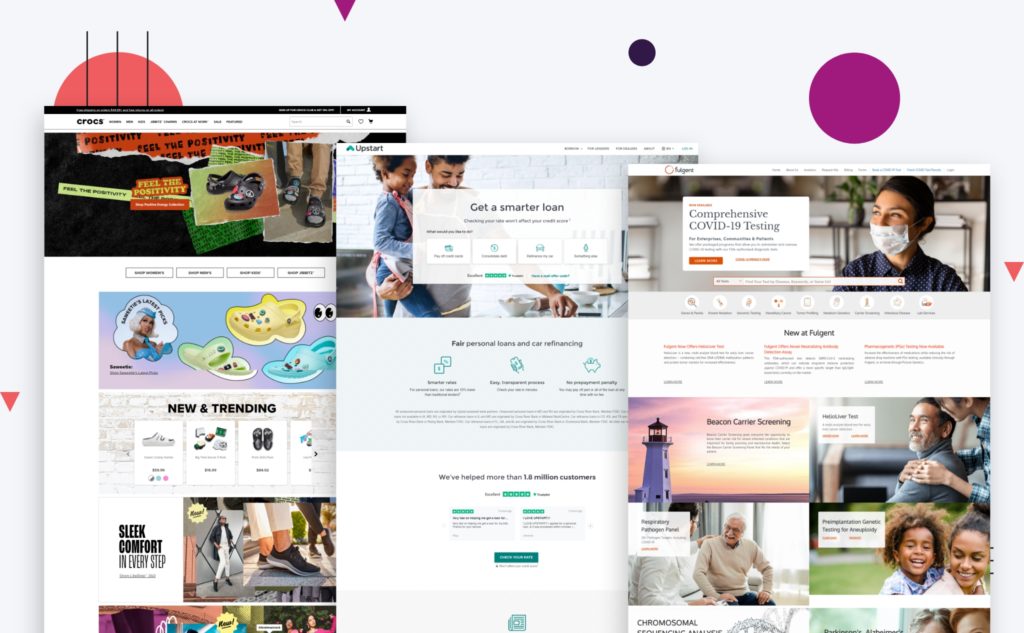
Website Price Range: $55,000 – $130,000 Per Year
A premium website is a necessity when it comes to mid-size business web design. At this stage, you want to work with experienced professionals who specialize in complex website design and development.
Work With an Agency
Freelancers shouldn’t be in your options at this point, as the fragmented system can severely hamper coordination. This time, you need to work with an established agency for cohesiveness.
You’ll already have a prior website for your B2B business, or perhaps an ecommerce website. A trusted firm will help improve the website depending on your and your clients’ needs.
Anticipated Complexity: High, 250+ Pages
You’ll need category and product landing pages, blogs, membership log-ins, careers pages, and checkout pages if you’re selling products on your website.
The agency you choose should be able to handle these features of an advanced website and more.
Hosting Costs: $1,000 – $5,000
Since you’re expecting more traffic to your website, you need to get a medium or large hosting plan. These should include additional features that help make processes easier on your end.
One thing you might want to include is a content delivery network (CDN) to serve assets off-site. Cloudflare is a great option, as it also enhances security on your website.
Strategy Costs: $7,500 – $15,000
You can’t just create a website and call it a day. You should have a strategy that makes browsing an engaging experience, convincing visitors to purchase your products or services.
In this case, you can work with your agency to define buyer personas, understand user journeys, and perform competitive analysis. With this information, you can improve user experience drastically.
Design Costs: $15,000 – $30,000
This is no time to skimp on your website design. This time around, you should be focusing on custom designs to establish branding and create an effective design strategy for user experience.
You can work with your agency to create a cohesive theme for all your pages.
Development Costs: $15,000 – $30,000
Custom design requires custom web development, so the price range is about the same level.
You’d also need to add third-party integrations to power your website. These can include applicant tracking systems, marketing automation, customer relationship management, and ERPs.
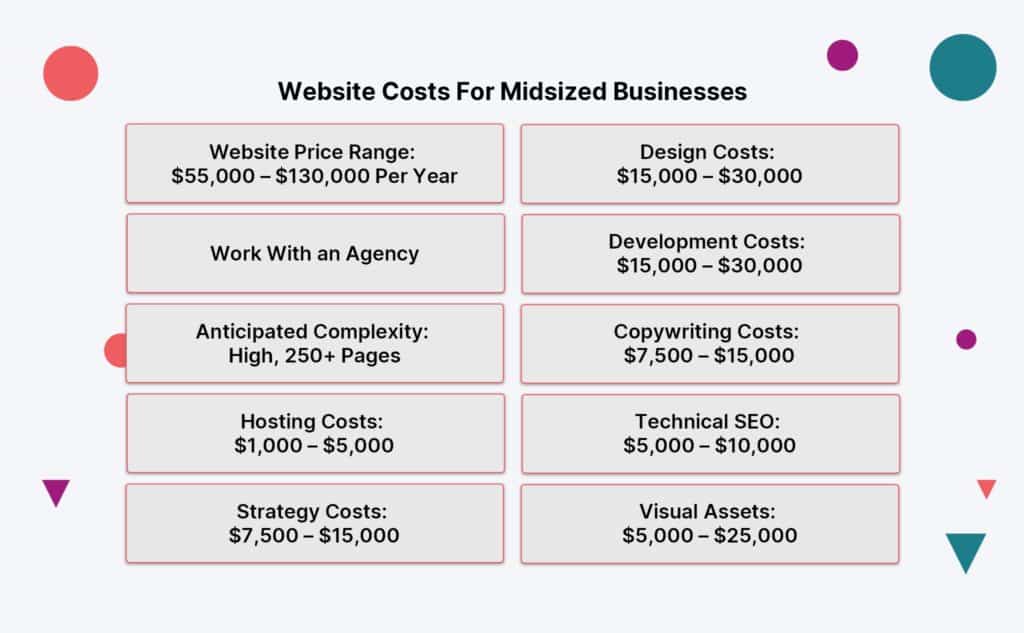
Copywriting Costs: $7,500 – $15,000
At this point, your website content should play a huge role in establishing your brand voice. A consistent tone and persona should be carried out on all pages to achieve engaging content that drives conversions.
Technical SEO: $5,000 – $10,000
While copywriting plays a huge role in SEO, you shouldn’t forget the more technical aspects.
Your agency should be able to handle page titles, meta descriptions, the organization of your markup, and more advanced strategies such as schema markup. All these can help put you on the front page of search engines for maximum visibility.
Visual Assets: $5,000 – $25,000
Users don’t want a website that just wants to sell. You should add some pages and images that help humanize your business.
This can include getting new headshots, product photography, group/lifestyle photography, and company videos.
Not only do these make your website more approachable, but they also project the idea of real people working behind the screen.
These will be assets that can also be reused elsewhere with your marketing collateral.
The cost of hiring an expert to design, build, and maintain a website depends on many variables, from the size of the business to the functionalities needed on each page.
Working with experts ensures high ROI for the work and money you’re going to use in creating one. That’s where we come in!
Contact Huemor today, and let’s schedule a strategy session!
How much does a beginner website cost?
A beginner website can range from around $200 to over $10,000, depending on the complexity.
If you want a simple website to make your company discoverable on Google and don’t need much more than an about us page, a services page, and a page for your contact information, you can expect to pay $100-$1000 on the initial development and design.
How long does it take to create a website?
It takes about three to six months to create a website.
Of course, a simple, one-page site can be done in a day or two, but anything complex takes a lot longer than that. Custom websites take around six months to be ready for a launch.
Do you have to pay monthly for a website?
While the developer cost is usually a one-off payment, you do have to pay for website maintenance and hosting on a monthly or a yearly basis.
Hosting and maintenance, as well as ensuring that your website is secure and runs smoothly, is ongoing work, which is why most web design agencies have a monthly, subscription-based, payment plan.
Further Reading on Website Design and Development
- Common WordPress Security Issues and How to Avoid Them
- How Can Dynamic Content Transform Your Website?
- Ecommerce Homepage Design Best Practices
- How to Write the Optimal Website Redesign RFP
- WooCommerce or Shopify—Which One Should You Choose?
- Inbound Marketing Strategy Tactics to Boost Your Sales
- Tips on Writing Contact Forms that Convert
- How to Improve Mobile Ecommerce Conversions
- Our Approach to Drupal Development
- How We Design Hubspot Websites
- Our Take on Web Design for Nonprofits
- The Ultimate Project Plan for Your Website Redesign
- Check Out Our Top SaaS Website Examples
- What Are the Differences Between Web Design and Web Development?
- What Should Your Category Page Design Look Like?
- What Should SEO for a New Website Consist Of?
Get Memorable Insights.
Sign up to receive actionable web design advice directly in your inbox monthly.
Get Memorable Insights.
Sign up to receive actionable web design advice directly in your inbox monthly.
Author
Jeff Gapinski is the President of Huemor where he helps plan the long-term strategic growth of the agency. Jeff is passionate about UI/UX, demand generation, and digital strategy.
What Do You Think?
Have feedback? Maybe some questions? Whatever it is, we'd love to hear from you.




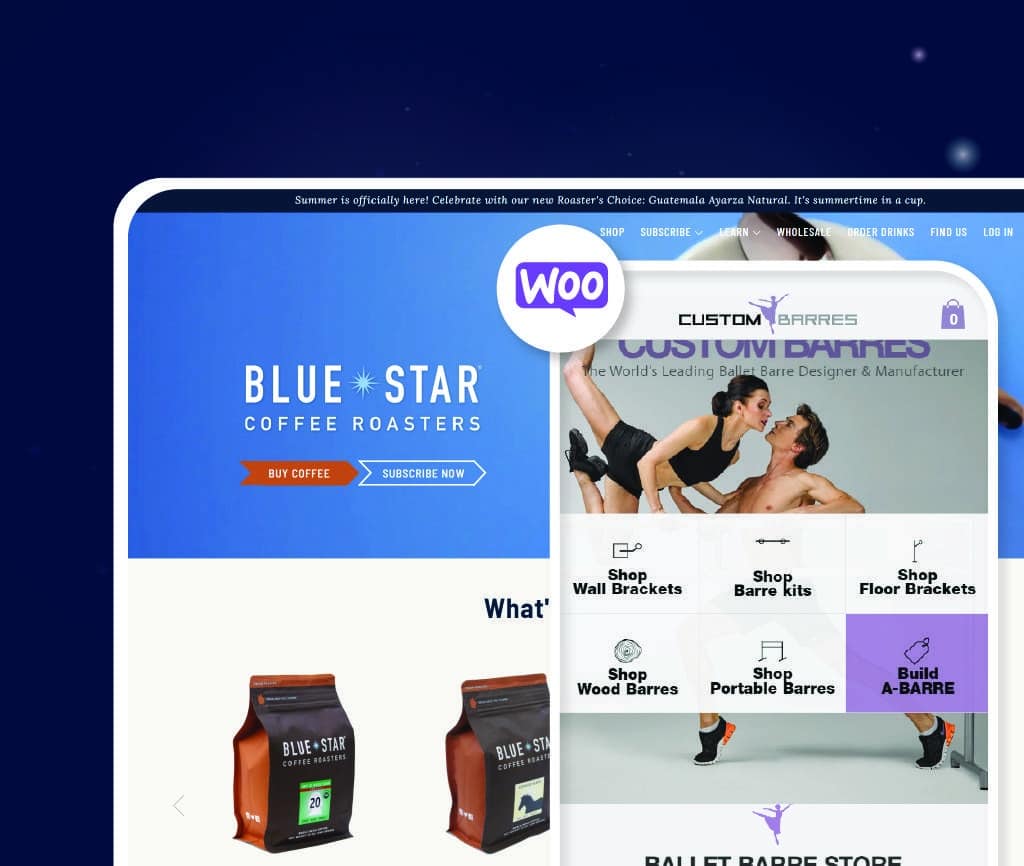
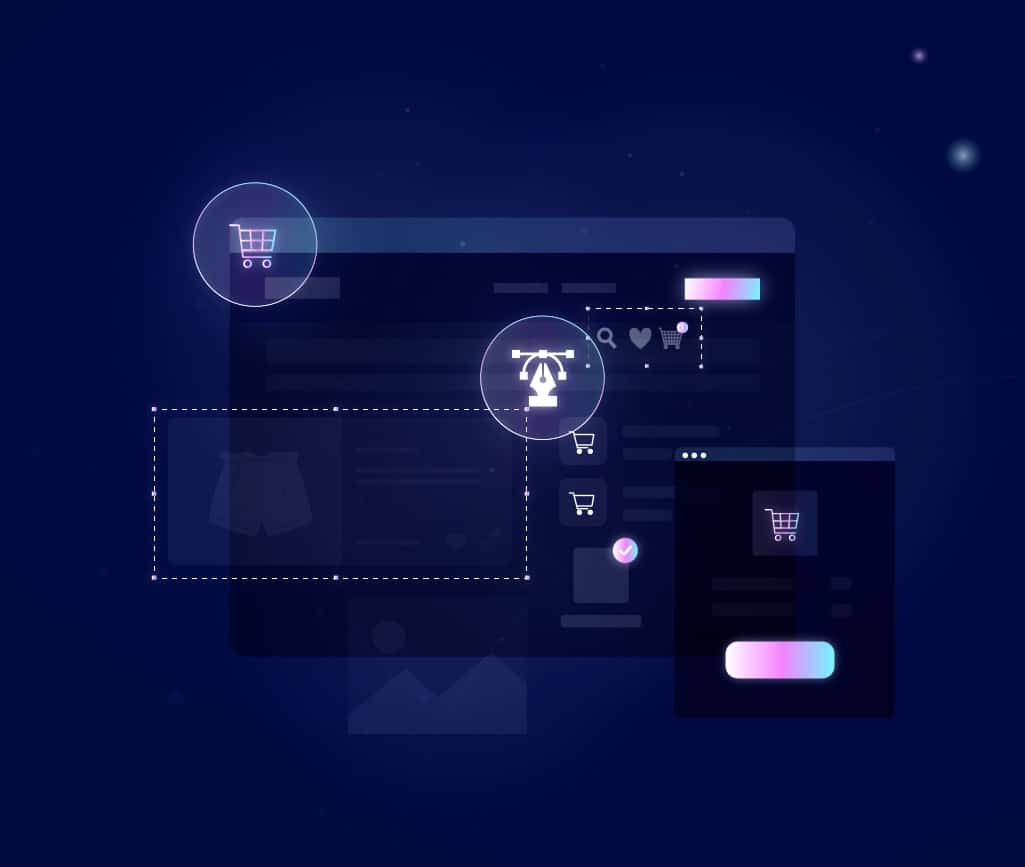
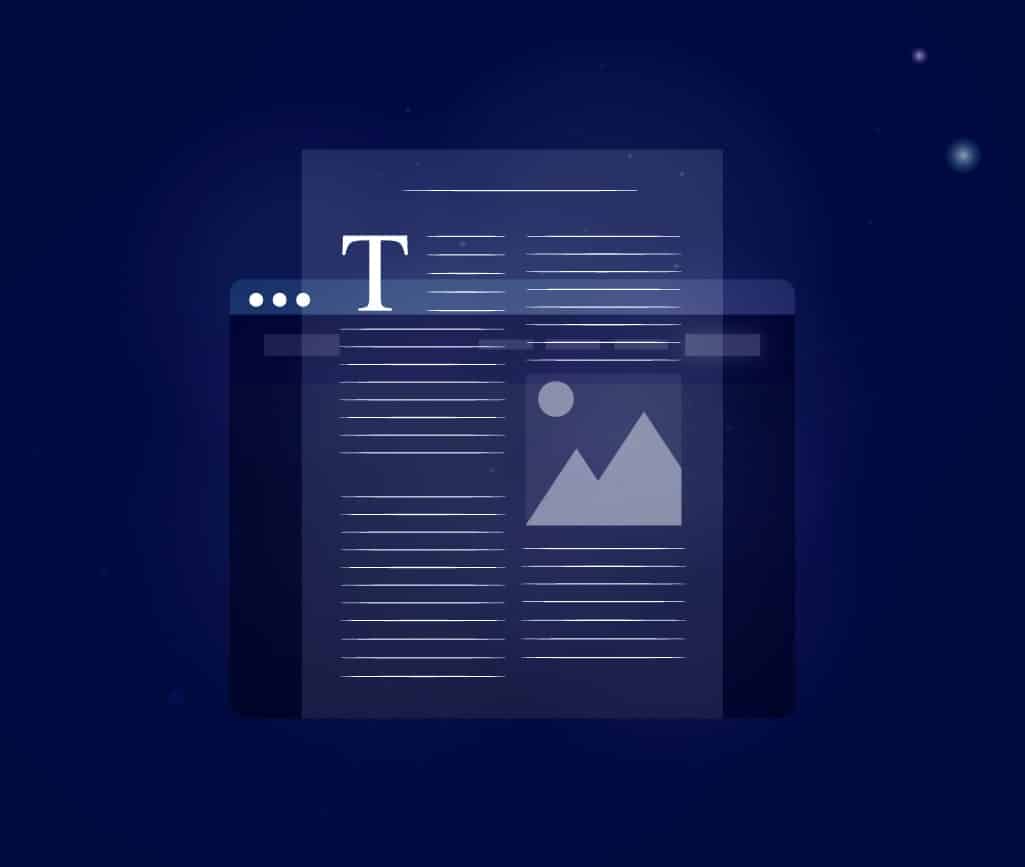

No comments found